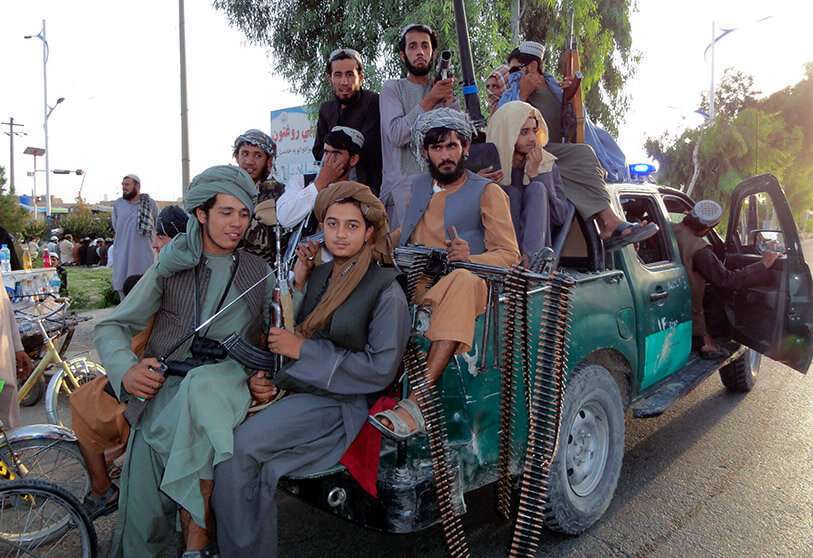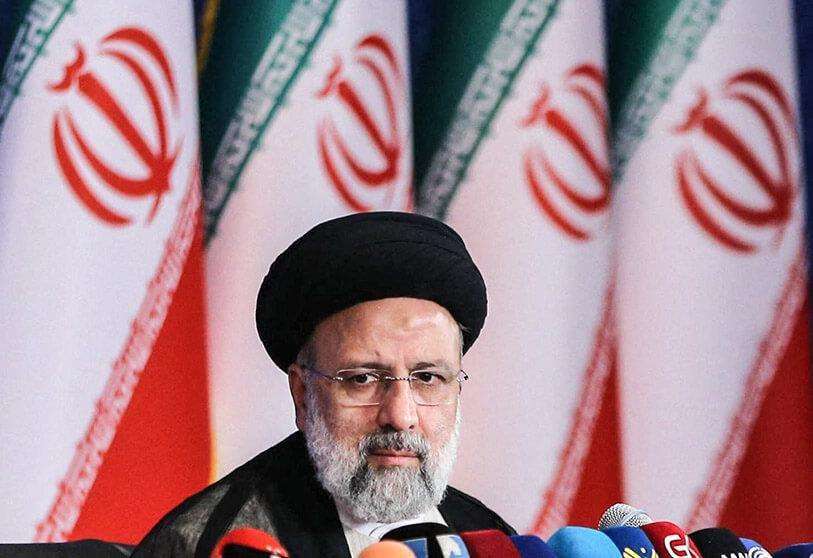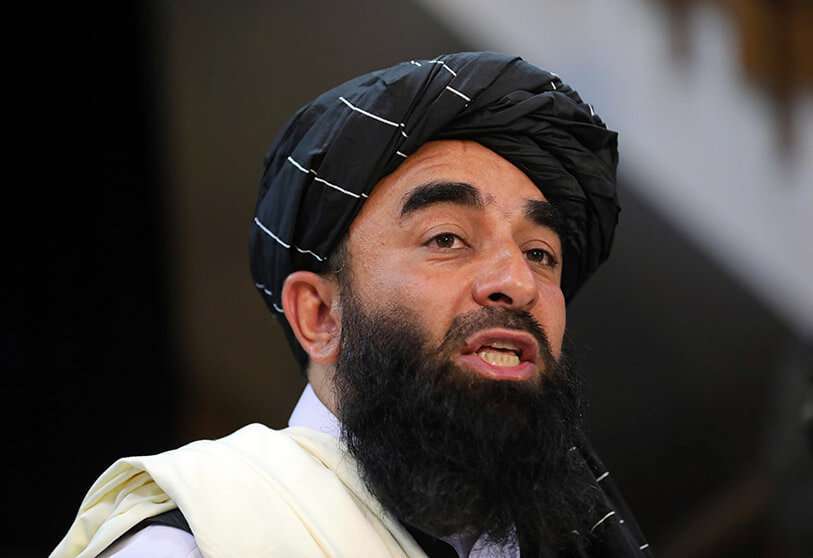Pakistani influence in Afghanistan

Recent developments in the Panjshir Valley, a symbol of Afghan resistance, have brought Pakistan back into close proximity with the Taliban. Reports suggest that Islamabad has sent more than 20 helicopters and several special units to the Afghan region to fight the National Resistance Front (NRF), led by Ahmad Massoud. Zia Arianjad, a former Afghan MP from Samangan province, has also accused Pakistan of bombing Panjshir with drones and smart bombs. This comes days after Faiz Hameed, head of Pakistan's intelligence agency (ISI), visited Kabul to meet with Taliban leaders and discuss their plans for the government, as reported in local media.
Michael Rubin, a former Pentagon official, told the Hindustan Times that "this emergency visit to Kabul to discuss the development of political plans shows that the Taliban are a game in the hands of Pakistani military intelligence". Rubin also noted that Hameed could act as a mediator within the Taliban's infighting, as there is a standoff between Abdul Ghani Baradar, the movement's deputy chief, and the Haqqani group.

These Pakistani actions have been condemned by Iran, which has called for an investigation into "foreign interference in Afghanistan's affairs". Tehran also criticised the Taliban offensive on Panjshir, urging a "political solution". "The people of Afghanistan are independent and any foreign interference in their affairs should be condemned," warned Saeed Khatibzadeh, spokesman for the Iranian foreign ministry. Iran's tone towards Pakistan has changed since late August, when Shah Mahmood Qureshi, Pakistan's foreign minister, met with his Iranian counterpart, Hossein Amir-Abdollahian, and President Ebrahim Raisi to work together on developing security and peace in Afghanistan.
Iran's relations with the Taliban have been very different from those developed by Pakistan with the movement. This is mainly due to the campaign against the Shi'a carried out by the Taliban in its early days, although today some ethnic groups within this branch of Islam continue to report persecution by the Taliban.

For years, Pakistan's links with the Taliban have raised suspicions in the West, where Islamabad has been accused of funding and supporting the insurgent movement. Pakistan has denied such accusations, although it was one of the few countries to recognise the 1996 Taliban government, along with Saudi Arabia and the United Arab Emirates. After the fall of the regime in 2001, triggered by the US invasion, Pakistan hosted key Taliban leaders, who trained alongside the Pakistani army. Also, members of the Tehreek-e-Taliban Pakistan (TTP), a Pakistani terrorist group linked to the Afghan Taliban, have been trained in Afghanistan. According to a UN report, there were more than 6,000 Pakistani fighters in 2020.
The Taliban's rise to power in Afghanistan last August prompted a new rapprochement between Islamabad and the insurgents. "Society is happy that the Taliban have taken control of Afghanistan," Asad Durrani, former head of the ISI, told the Guardian. So, while some of the population celebrated the Taliban victory, Imran Khan, Pakistan's president, declared that the Taliban had "broken the shackles of slavery".

The Taliban leaders, for their part, have also begun a rapprochement with Islamabad. As analyst Uday Bashkar explained to EFE, "they need regional recognition, and in this sense, Pakistan is at the top of their agenda, where they emerged in the 1990s and which has traditionally served as a base and refuge for them". Taliban spokesman Zabihullah Muhaid said they would not allow any group to use Afghan territory against anyone. Muhaid was referring, among others, to the TTP and the Islamic State of Khorasan (IS-K), two organisations that are of particular concern to Pakistan. The TTP, in particular, has been involved in recent attacks that have left dozens dead and dozens wounded. For this reason, Islamabad expects the Taliban to rein in and take action against these groups, which are adding to instability in its territory.
Another challenge Islamabad faces and must address with the new Afghan regime is the refugee crisis. There are already 1.4 million registered Afghans in Pakistan, although there are an estimated 1 million more illegally. After the withdrawal of US troops, thousands of Afghans moved to the border with Pakistan to flee the Taliban. The Torkham border crossing became a hotspot for Afghan refugees hoping to reach Pakistani territory. At Torkham, Pakistani authorities cooperated with Taliban fighters to control the migration flow. Pakistan, unable to take in more Afghans, needs to work with the Taliban to stem this crisis.

Islamabad's interests with Kabul to protect its territory, coupled with recent military actions in the Panjshir Valley, suggest that Pakistan will again be a key partner for the Taliban under its new government.








